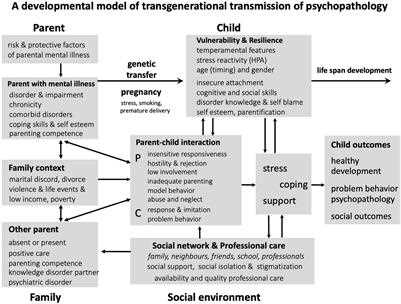
Resilience is a key factor in helping families cope with adversity and manage parental stress. It is the ability to bounce back from difficult situations and maintain positive relationships and communication within the family unit. Parental stress can arise from various sources, such as financial struggles, work pressures, or health issues, and it can have a significant impact on the well-being of both parents and children.
One of the essential aspects of building family resilience is effective communication. Open and honest communication allows family members to express their feelings, concerns, and needs, creating a supportive environment. It is important to listen actively and empathetically, validating each other’s experiences and offering understanding and support.
In times of adversity, it is crucial for parents to seek and provide support. This can be done through connecting with extended family members, friends, or support groups who can offer guidance and advice. Additionally, seeking professional help from therapists or counselors can provide valuable strategies for managing parental stress and building resilience within the family.
Managing parental stress also involves finding healthy ways to cope with the challenges that arise. Engaging in self-care activities, such as exercise, meditation, or hobbies, can help parents reduce stress levels and maintain a positive mindset. Setting realistic expectations and prioritizing tasks can also alleviate the pressure and allow parents to focus on what truly matters.
Understanding family resilience and managing parental stress are ongoing processes that require effort and commitment. By prioritizing relationships, communication, and support, families can navigate through adversity and emerge stronger and more resilient than ever.
Section 1: Importance of Family Resilience

Family resilience is of utmost importance in navigating through the challenges and adversities that life throws our way. Parental stress and adversity can have a significant impact on the overall well-being of a family, but through the development of resilience, families can better cope with and overcome these challenges.
Resilience refers to the ability to bounce back from difficult situations and adapt to change. It is a crucial skill that helps families navigate through stressors and maintain healthy functioning. When faced with adversity, such as financial difficulties, health issues, or relationship problems, families with a strong sense of resilience are better equipped to handle these challenges.
One key aspect of family resilience is effective communication. Open and honest communication allows family members to express their feelings, concerns, and needs, creating a supportive environment where everyone feels heard and understood. This fosters stronger relationships and helps family members cope with stress more effectively.
Support is another vital component of family resilience. By providing emotional and practical support to one another, family members can lean on each other during difficult times. This support can come in various forms, such as offering a listening ear, providing advice, or assisting with daily tasks. Knowing that they have a support system in place can help parents feel less overwhelmed and more capable of managing stress.
Building and maintaining strong relationships within the family is also essential for resilience. Positive family relationships provide a sense of belonging and security, which can help buffer the effects of stress. Spending quality time together, engaging in shared activities, and showing appreciation for one another’s strengths can strengthen family bonds and enhance resilience.
In summary, family resilience is crucial for navigating through parental stress and adversity. By fostering effective communication, providing support, and nurturing strong relationships, families can develop the resilience needed to overcome challenges and thrive in the face of adversity.
The Role of Family Resilience in Overcoming Challenges

Family resilience plays a crucial role in helping families cope with and overcome adversity. When faced with difficult situations, such as financial struggles, illness, or loss, families that possess resilience are better able to navigate these challenges and maintain their overall well-being.
One key aspect of family resilience is effective communication. Open and honest communication within the family unit allows for the sharing of feelings, concerns, and needs. This helps parents and children alike to feel supported and understood, which can significantly reduce parental stress levels.
Another important factor in family resilience is the presence of strong and supportive relationships. When family members have positive and healthy relationships with one another, they can lean on each other for emotional support and encouragement during tough times. This support helps to build resilience and enables families to better manage stress and adversity.
Support from external sources, such as friends, extended family, or community resources, also plays a role in family resilience. Having access to a network of support can provide families with additional resources and assistance when needed. This can alleviate some of the burdens and challenges that come with parenting and help families to navigate difficult situations more effectively.
In summary, family resilience is a critical factor in overcoming challenges. Effective communication, strong relationships, and external support all contribute to a family’s ability to cope with adversity and maintain their well-being. By fostering resilience within the family unit, parents can better manage their stress levels and create a supportive environment for themselves and their children.
Building Strong Family Bonds to Enhance Resilience
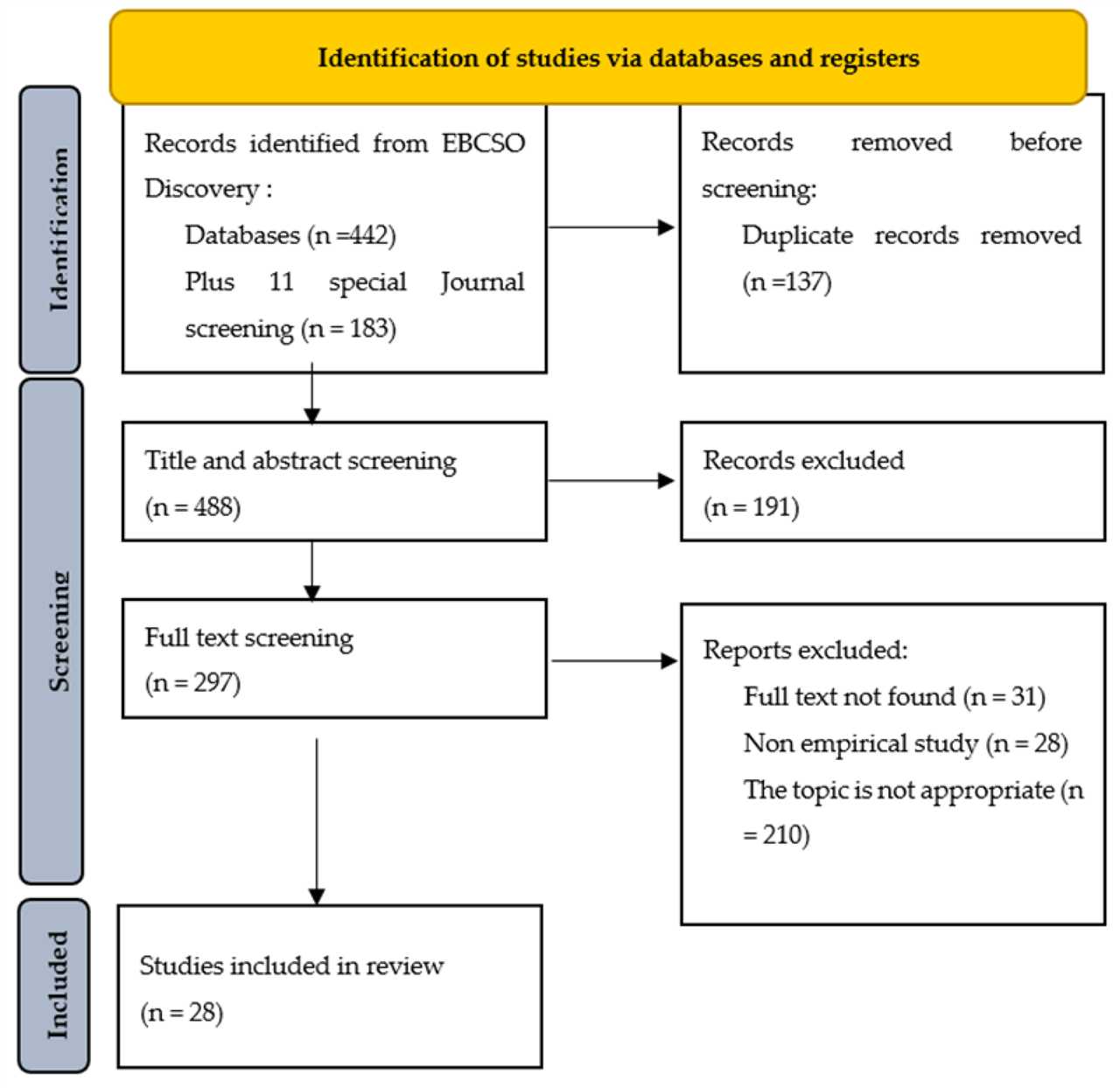
Communication and relationships within a family play a crucial role in building resilience and managing parental stress. When a family faces adversity, such as financial difficulties or health issues, it is important for parents to establish open and honest lines of communication with their children. This allows for the sharing of concerns, fears, and emotions, which can help the family cope with stress more effectively.
Resilience is the ability to bounce back from difficult situations, and strong family bonds can greatly enhance this ability. By fostering a sense of togetherness and support, families can create a safe and nurturing environment for each member to grow and thrive. This can be achieved through regular family activities, such as shared meals or game nights, which promote bonding and strengthen relationships.
Parental stress can have a significant impact on family dynamics and resilience. It is important for parents to develop effective coping strategies to manage their stress levels. This can include engaging in self-care activities, seeking social support, or practicing relaxation techniques. By taking care of their own well-being, parents can better support their children and model healthy coping mechanisms.
Building resilience within a family requires a collective effort. Each family member should be encouraged to express their feelings and needs, and to offer support to others. This can be achieved through active listening, empathy, and validation of each other’s experiences. By fostering a culture of open communication and understanding, families can navigate through challenges more effectively and build resilience together.
In conclusion, building strong family bonds is essential for enhancing resilience in the face of adversity. By promoting communication, fostering relationships, and supporting each other through parental stress, families can develop the skills and mindset to overcome challenges and thrive. Investing time and effort in building strong family bonds is an investment in the overall well-being and resilience of the entire family.
Promoting Emotional Well-being in the Family

Parental resilience is crucial in navigating the challenges and adversities that families face. It is essential for parents to develop coping mechanisms to effectively manage stress and maintain emotional well-being.
Supportive relationships within the family play a significant role in promoting emotional well-being. Creating a nurturing and positive environment where family members can openly express their emotions and concerns can help strengthen family bonds and foster resilience.
It is important for parents to prioritize self-care and seek support when needed. Taking time for oneself, engaging in activities that bring joy and relaxation, and seeking guidance from trusted individuals or professionals can help alleviate stress and promote emotional well-being.
Building a strong support network outside the family is also beneficial. Connecting with other parents who share similar experiences can provide a sense of community and understanding. Additionally, seeking professional help, such as therapy or counseling, can offer valuable tools and strategies to manage stress and build resilience.
Open communication and effective problem-solving skills are essential in promoting emotional well-being within the family. Encouraging open and honest conversations, active listening, and finding constructive solutions to conflicts can help reduce stress and strengthen family relationships.
Overall, promoting emotional well-being in the family requires parental resilience, supportive relationships, coping mechanisms, and seeking support when needed. By prioritizing emotional well-being, families can navigate through adversity and build a strong foundation for resilience and growth.
Section 2: Understanding Parental Stress
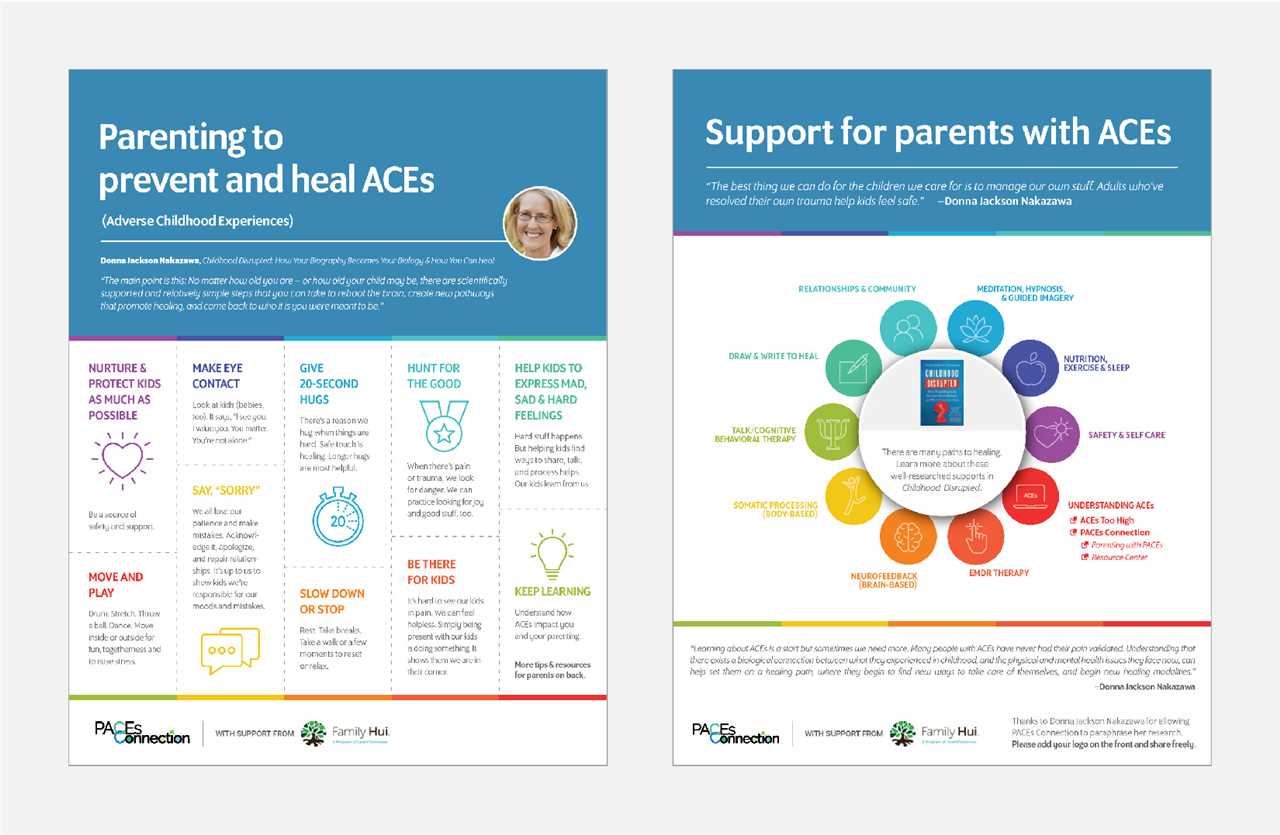
Parental stress is a common experience that many families face when dealing with adversity. It is the result of various factors, including financial strain, work pressures, and the demands of raising children. However, it is important to acknowledge that stress is a normal part of life and can be managed effectively.
Resilience is a key factor in understanding parental stress. Resilient families are able to bounce back from difficult situations and adapt to new challenges. They have strong coping mechanisms and a support system that helps them navigate through stressful times. Building resilience within a family involves fostering positive relationships, open communication, and providing emotional support.
When it comes to managing parental stress, it is important to recognize the signs and symptoms. These can include feeling overwhelmed, irritable, or having difficulty concentrating. It is important for parents to prioritize self-care and seek support from their partner, friends, or other trusted individuals. Taking breaks, engaging in relaxation techniques, and practicing healthy coping strategies can also help alleviate stress.
Parental stress can have an impact on family relationships, so it is important to address it proactively. Open and honest communication within the family can help identify sources of stress and find solutions together. Creating a supportive and nurturing environment can also help reduce stress and strengthen family bonds.
In conclusion, understanding parental stress is crucial for building resilience within a family. By recognizing the signs, seeking support, and practicing healthy coping strategies, parents can effectively manage stress and create a positive family environment.
Recognizing the Signs and Symptoms of Parental Stress

Parental stress can have a significant impact on a family’s well-being and functioning. It is important for parents to recognize the signs and symptoms of stress in order to effectively cope with and manage it.
Stress can manifest in various ways, and it is different for everyone. Some common signs and symptoms of parental stress include:
1. Physical symptoms: These may include headaches, muscle tension, fatigue, changes in appetite, and sleep disturbances. It is important to pay attention to these physical signs as they can be indicators of underlying stress.
2. Emotional symptoms: Parents experiencing stress may feel overwhelmed, irritable, anxious, or depressed. They may have difficulty concentrating or making decisions. These emotional symptoms can impact their ability to effectively parent and manage daily tasks.
3. Behavioral symptoms: Parents under stress may engage in unhealthy coping mechanisms such as excessive drinking, smoking, or overeating. They may also withdraw from social activities or neglect self-care. These behaviors can further exacerbate the stress and impact family dynamics.
4. Relationship difficulties: Parental stress can strain relationships with partners, children, and other family members. Communication may become strained, and conflicts may arise more frequently. It is important to address these issues and seek support when needed.
Recognizing the signs and symptoms of parental stress is the first step towards building resilience and effectively managing stress. It is important for parents to reach out for support from friends, family, or professionals who can provide guidance and assistance in navigating through adversity.
Remember, taking care of your own well-being is essential in order to be able to support and care for your family.
Impact of Parental Stress on Family Dynamics
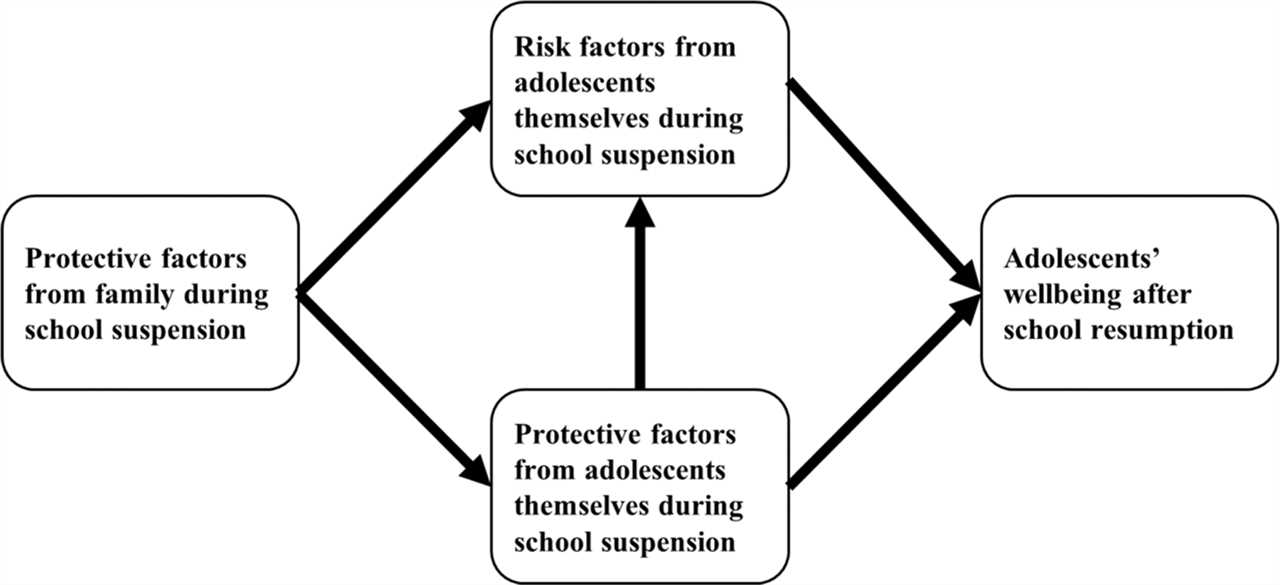
Parental stress can have a significant impact on family dynamics and relationships. When parents experience high levels of stress, it can create tension and strain within the family unit. This can lead to increased conflict, decreased communication, and a breakdown in relationships.
Adversity and challenges are a normal part of life, but when parents are overwhelmed by stress, it can be difficult to effectively cope with these challenges. This can result in a negative impact on the overall family dynamic. Parents may become irritable, impatient, and less available to provide the support and guidance that their children need.
Coping with parental stress is essential for maintaining a healthy family dynamic. It is important for parents to recognize their own stress levels and take steps to manage and reduce stress. This can include seeking support from a partner, family members, or friends, as well as practicing self-care activities such as exercise, relaxation techniques, and hobbies.
| Parental Stress | Impact on Family Dynamics |
|---|---|
| Increased conflict | Decreased communication |
| Strained relationships | Less available support |
Open and honest communication is crucial in managing parental stress and maintaining a healthy family dynamic. Parents should talk to their children about their stress and how it may be affecting them, while also encouraging their children to express their own feelings and concerns. This can help to foster a sense of understanding and empathy within the family.
Support from other family members, such as grandparents or extended family, can also play a crucial role in managing parental stress and maintaining family relationships. This support can provide a sense of relief and assistance in times of need, helping to alleviate some of the burdens that come with parenting.
In conclusion, parental stress can have a significant impact on family dynamics and relationships. It is important for parents to recognize and manage their own stress levels in order to maintain a healthy family dynamic. Through open communication, support, and coping strategies, families can navigate the challenges of stress together and strengthen their relationships.
Strategies for Managing and Coping with Parental Stress

Parenting can be a challenging and stressful experience, especially when faced with adversity. However, there are strategies that can help parents manage and cope with the stress that comes with raising a family.
Build Strong Relationships: One of the most important strategies for managing parental stress is to build strong relationships within the family. This can be done through open and honest communication, spending quality time together, and showing support and love for one another.
Effective Communication: Communication is key in managing parental stress. It is important for parents to express their feelings and concerns to one another and to their children. By effectively communicating, parents can better understand each other’s needs and work together to find solutions to problems.
Seek Support: It is essential for parents to seek support from family, friends, or professionals when needed. Support can come in many forms, such as emotional support, advice, or practical help. Having a strong support system can help parents feel less overwhelmed and more capable of managing stress.
Coping Strategies: Developing coping strategies is crucial for managing parental stress. This can include practicing self-care activities, such as exercise, meditation, or hobbies. Additionally, parents can benefit from learning stress management techniques, such as deep breathing exercises or mindfulness.
Embrace Family Resilience: Finally, it is important for parents to embrace the concept of family resilience. Family resilience refers to the ability of a family to bounce back and thrive in the face of adversity. By focusing on the strengths and resources within the family, parents can build resilience and better cope with stress.
In conclusion, managing parental stress is essential for maintaining a healthy and happy family. By building strong relationships, practicing effective communication, seeking support, developing coping strategies, and embracing family resilience, parents can better manage the stress that comes with raising a family.
Section 3: Expert Tips for Enhancing Family Resilience

Building resilience within a family unit is essential for coping with adversity and maintaining strong relationships. Here are some expert tips for enhancing family resilience:
1. Prioritize open and honest communication: Effective communication is key to navigating challenges as a family. Encourage open dialogue, active listening, and expressing emotions in a constructive manner. This will help family members feel heard and understood, fostering trust and resilience.
2. Cultivate supportive relationships: Surrounding yourself with a network of supportive family members, friends, and community resources can provide the necessary emotional and practical support during difficult times. Building strong connections ensures that no one feels alone in facing adversity.
3. Foster a positive and nurturing family environment: Creating a loving and supportive atmosphere within the family can enhance resilience. Show appreciation, affection, and respect for one another. This will foster a sense of belonging and security, enabling family members to better cope with stress and challenges.
4. Encourage self-care: Parents should prioritize their own well-being and model self-care for their children. Taking care of oneself physically, emotionally, and mentally is crucial for managing parental stress and building resilience within the family.
5. Teach problem-solving and coping skills: Equip family members with effective problem-solving and coping strategies to navigate challenges. Teach them to identify and evaluate solutions, manage emotions, and seek support when needed. These skills will empower them to overcome adversity and build resilience.
6. Embrace flexibility and adaptability: Resilient families are able to adapt to change and bounce back from setbacks. Encourage flexibility and teach family members to embrace change as an opportunity for growth. This mindset will help them navigate challenges with resilience and optimism.
By implementing these expert tips, families can enhance their resilience and effectively manage parental stress. Remember, building resilience is an ongoing process that requires continuous effort and support.
Effective Communication Techniques for Building Resilience
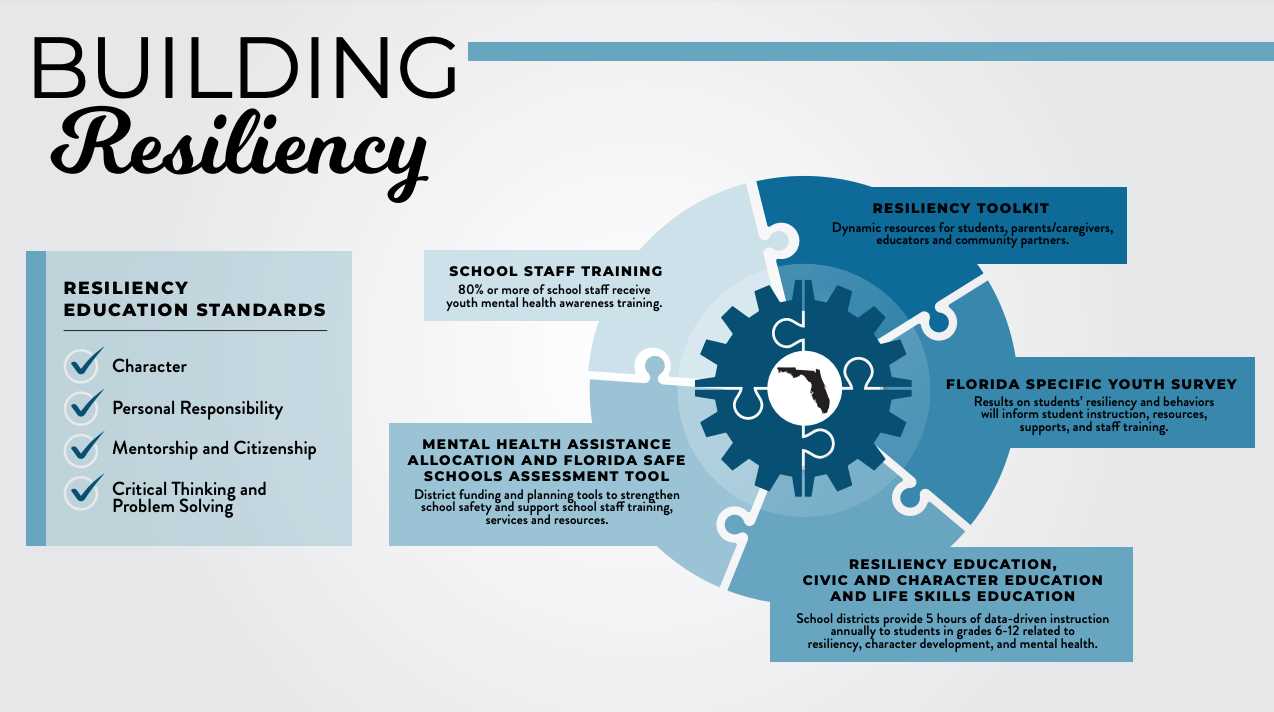
Resilience is the ability to bounce back from adversity, and strong communication skills can play a crucial role in building and maintaining family resilience. When families face stress and challenges, such as financial difficulties or health issues, effective communication can help them navigate these difficulties and come out stronger.
One important communication technique for building resilience is active listening. This involves fully engaging with the speaker, maintaining eye contact, and showing genuine interest in what they have to say. Active listening helps family members feel heard and understood, which can strengthen relationships and provide a sense of support during difficult times.
Another technique is open and honest communication. It’s important for family members to feel comfortable expressing their thoughts and feelings without fear of judgment or criticism. By creating a safe and non-judgmental space for communication, families can work together to find solutions and support each other through challenges.
Building resilience also involves effective problem-solving skills. Encouraging open communication and collaboration can help families come up with creative solutions to overcome adversity. This can include brainstorming ideas, discussing different perspectives, and working together to find the best course of action.
Additionally, it’s important for parents to model effective communication techniques for their children. By demonstrating active listening, open communication, and problem-solving skills, parents can teach their children how to effectively communicate and navigate challenges in their own lives.
Finally, seeking outside support can be beneficial for building resilience. This can include attending family therapy sessions or seeking guidance from support groups. These resources can provide families with additional tools and strategies for effective communication and managing parental stress.
In conclusion, effective communication techniques are essential for building resilience within families. By practicing active listening, open and honest communication, problem-solving skills, and seeking outside support, families can strengthen their relationships and navigate adversity together.

I am Patrina de Silva, a psychologist and mental health blogger in Sri Lanka. After obtaining psychology degrees from the University of Colombo and Monash University, I returned home to work as a counselor while also starting the popular blog “Pressy but Happy” to provide advice on psychological issues. Over the past decade, my empathetic articles have made my blog a leading mental health resource in the country. In addition to writing, I maintain a private therapy practice, frequently volunteer counseling time, and conduct seminars, driven by my passion for destigmatizing mental illness and educating the public on the mind-body connection. I strive to be an influential voice in my field through my compassionate approach.
